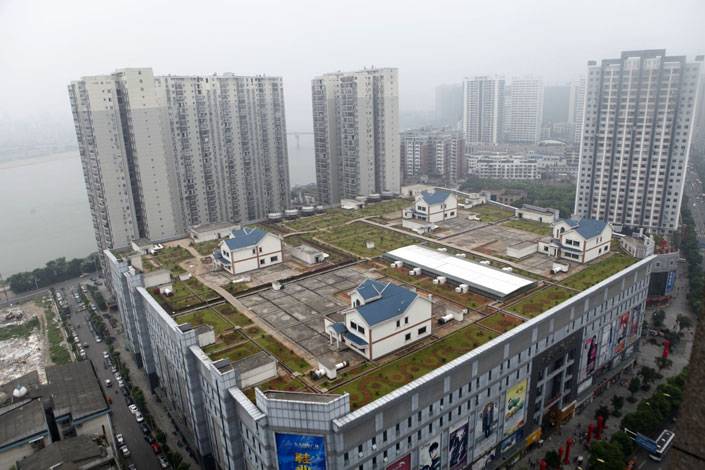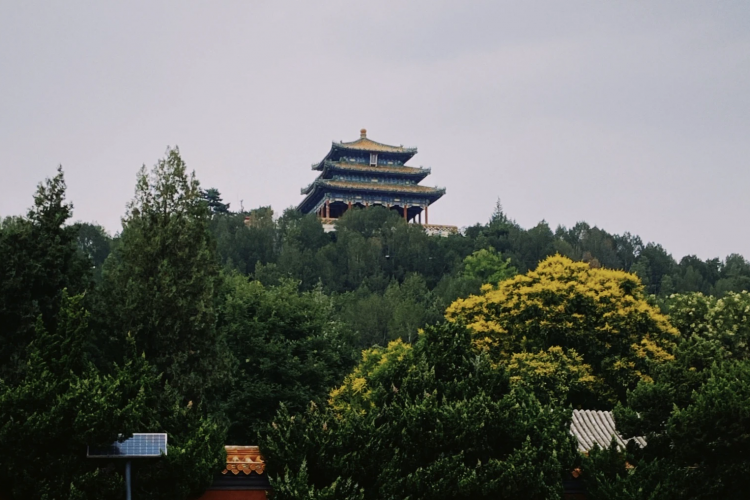Bumpy Road Ahead for Beijing's Gated Compounds?
The gates are about to be flung open, and those inside are less than welcoming.
Roads within the city's gated communities should be incorporated into the greater street grid, according to a recent guideline issued by The Communist Party of China Central Committee and the State Council. Residents, who have long enjoyed quiet, low traffic paved paths in those compounds, are angered by these potential changes, saying the issue isn't merely a question of lost luxury, but instead one of ownership and safety.
One such compound dweller, surnamed Zhang, told the People's Daily: "The government wants to expropriate the land in gated communities to widen the roads, but we home owners have to pay for that." He also said that the ensuing traffic increases could breach the security of these communities. "As things stand, owner committees can turn to the property management company if any problems occur. After the gates are removed, then who would be in responsible?"
Zhang's worries reflect the results of a poll on the issue, in which 65 percent of responders said they would be worried about the risk of personal harm, theft or damage. Meanwhile, 85 percent of those polled said that compensation should be offered to residents in older affected compounds.
However these changes are seen as a literal road to prosperity by several officials and experts. Niu Fengrui, of the Chinese Academy of Social Sciences, said: "This decision complies with the demand for urban development in China," because it should ease traffic jams and provide a greater link between older communities and the public grid.
Those potential benefits are rendered null, at least according to Beijing Institute of Technology law professor Xu Xin, because it is "unreasonable and illegal" to force older communities to open their gates to the public lanes. He told China Daily that Chinese laws safeguard property rights to roads in old communities. However, he did admit that "new compounds could be built with roads linking to the public road system."
And while this proposal has already proven polarizing, it is far from the only hotly contested traffic plan in Beijing. For years drivers, urban planners, academics and everyone in between have bickered about how to best deal with the city's gridlock. Congestion fees, underground tunnels, the bike friendly measures adopted by Taipei, and other schemes have all been floated in various think pieces, only to be mired in fierce debate by various demographics. It seems that the only thing more gridlocked than Beijing's traffic is the discourse about a solution – leaving drivers, residents, talking heads and everyone in between to sit idle.
This article originally appeared on our sister site beijingkids, who just so happen to be looking for a new managing editor.
Photo: samstroy.com



